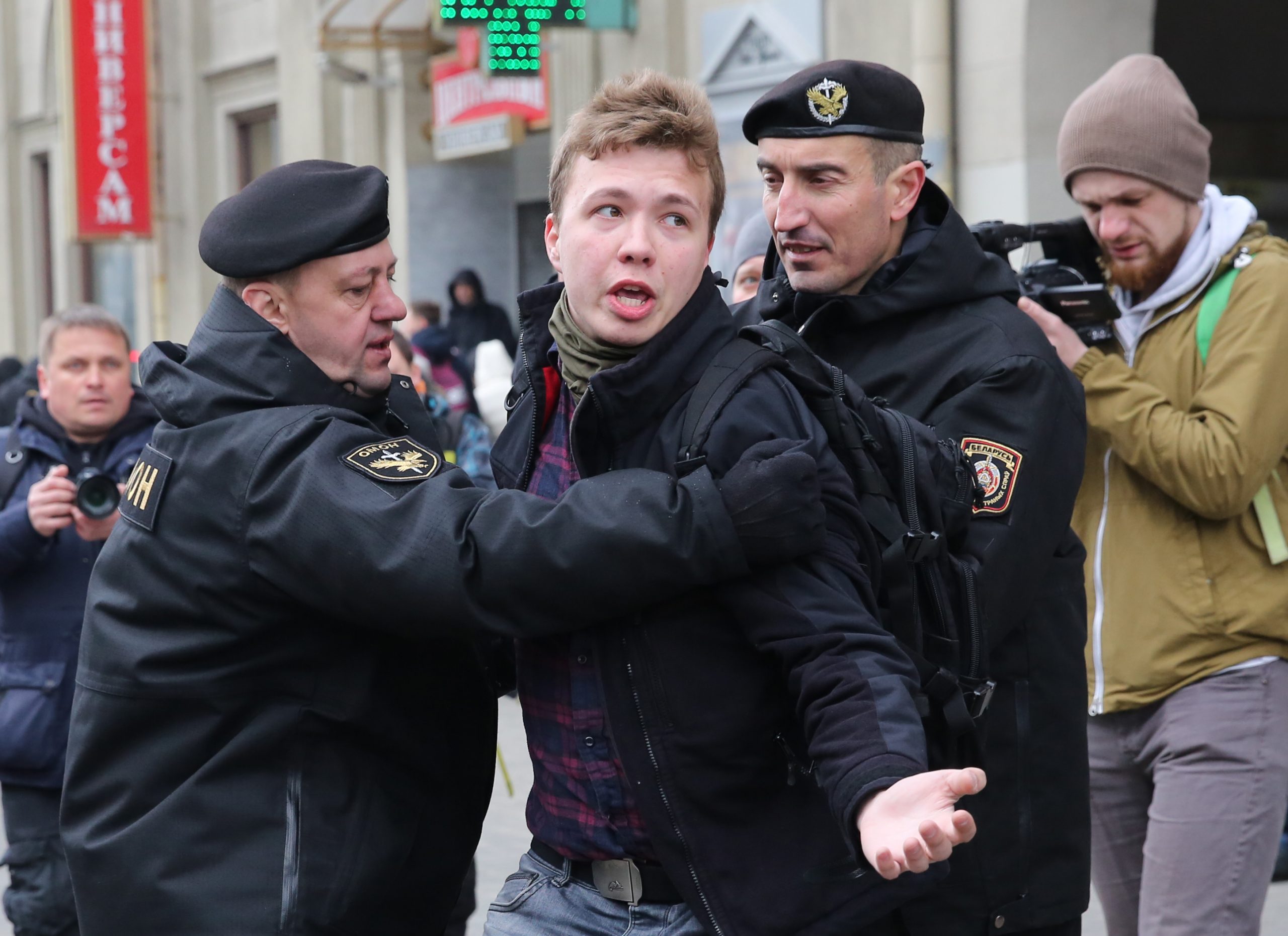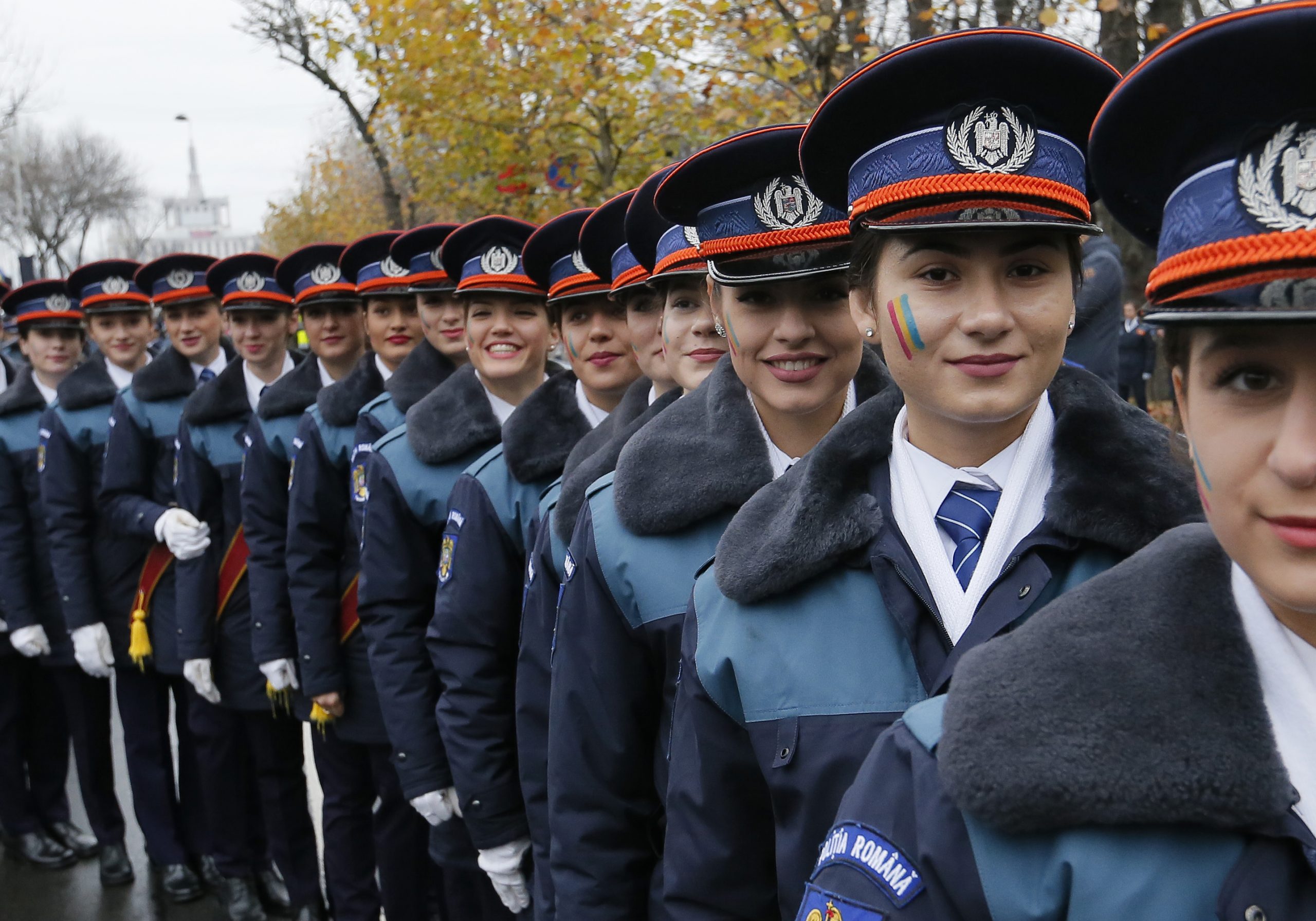Angelovski began in 2017 with an initial investment of just $250.
He says he has made most of his money in the past six months, when the prices of popular cryptocurrencies such as Bitcoin and Ethereum skyrocketed.
Bitcoin’s limited supply of 21 million makes it a scarce digital asset, earning it the moniker “digital gold”. Ethereum, on the other hand, is valued for its advanced blockchain technology and the faster transaction times it offers.
But there are thousands of others cryptocurrencies to buy and, as of February 2021, more than 68 million blockchain wallet users where the crypto is stored.
In the Balkans, so-called alternative coins, or altcoins, such as Dogecoin, are becoming increasingly popular.
Originally starting out as a meme coin in 2013 to poke fun at cryptocurrencies and people investing in something they might know very little about, this year its pricesurged by more than 12,000 per cent, meaning someone who invested $1,000 in January made a profit of more than $100,000 by May. The coin tumbled in value to 29 cents following the recent crash in the crypto market.
And while the rise of Bitcoin and Ethereum is based on the success of the blockchain technologies that they are based on, the popularity of Dogecoin is down to the speculative nature of the market, as well as praise from prominent supporters such as Tesla CEO and billionaire businessman Elon Musk.
How does it all work?
To buy and sell crypto on apps like Binance, a user must register a profile with an ID or passport and can then use a debit or credit card to buy from the listed cryptocurrencies and trade in them. Users can swap one crypto for another, or convert them into fiat currencies such as dollars, euros or pounds.
Popular cryptocurrencies such as Bitcoin can also be spent via Bitcoin debit cards, which can be used online or wherever credit cards are accepted. People can also buy crypto from specialised cryptocurrency ATMs, using cards or cash, and scan the code of the required cryptocurrency so that it can be transferred to the mobile wallet where crypto are kept.
When it comes to cashing the profits made from trading cryptocurrencies, there are several ways that this can be done in the Balkans, including selling directly to interested traders for cash, or through intermediaries such as cryptocurrencies exchange offices like the BCX exchange platform in Serbia.
Elena Pupkova, a Skopje-based bookmaker, is one who hopes to cash in on the current Dogecoin craze.
“I became interested in investing in crypto a few months ago,” Pupkova said.“After I read some news that American Citibank is building a crypto trading service, and of course tweets from Elon Musk – the biggest promoter of cryptocurrencies, that was the last step that drew me to invest in crypto.”
“I also have a friend who invested in Bitcoin four years ago, and now she has more than $250,000. If I was sceptical about it then, I’m not anymore.”
Darko Ivanovski, a 33-year-old search engine specialist, first heard of Dogecoin in 2013, but, given the volatility of the market, prefers to invest in better-known currencies such as Bitcoin
“I think that it is much wiser to invest in cryptocurrencies that are known to be more expensive because you know that it is not so easy for them to collapse,” he told BIRN. “For example, it would definitely better to buy 0.0001 Bitcoin, rather than 200 XRP (Ripple cryptocurrency) that no one knows about.”
According to Vlaho Hrdalo, chairman of the Croatian Association for Blockchain and Cryptocurrencies, UBIK, while altcoins arenot necessarily bad, they tend to prey on what he describes as the “get-rich-quick-with-us-if-you’ve-missed-out-on-previous-pumpcoin.”
“As for the outlandish projects, they are often the result of the bull run and not its cause,” said Hrdalo. “In the long run I don’t expect every dog-themed coin to survive, but don’t underestimate them because look what happened with Dogecoin, which everyone thought couldn’t stay afloat during the bear market.”
Money-spinner or world-changer?


 Stefan Angelovski. Photo: BIRN
Stefan Angelovski. Photo: BIRN Illustration: Pixabay
Illustration: Pixabay



